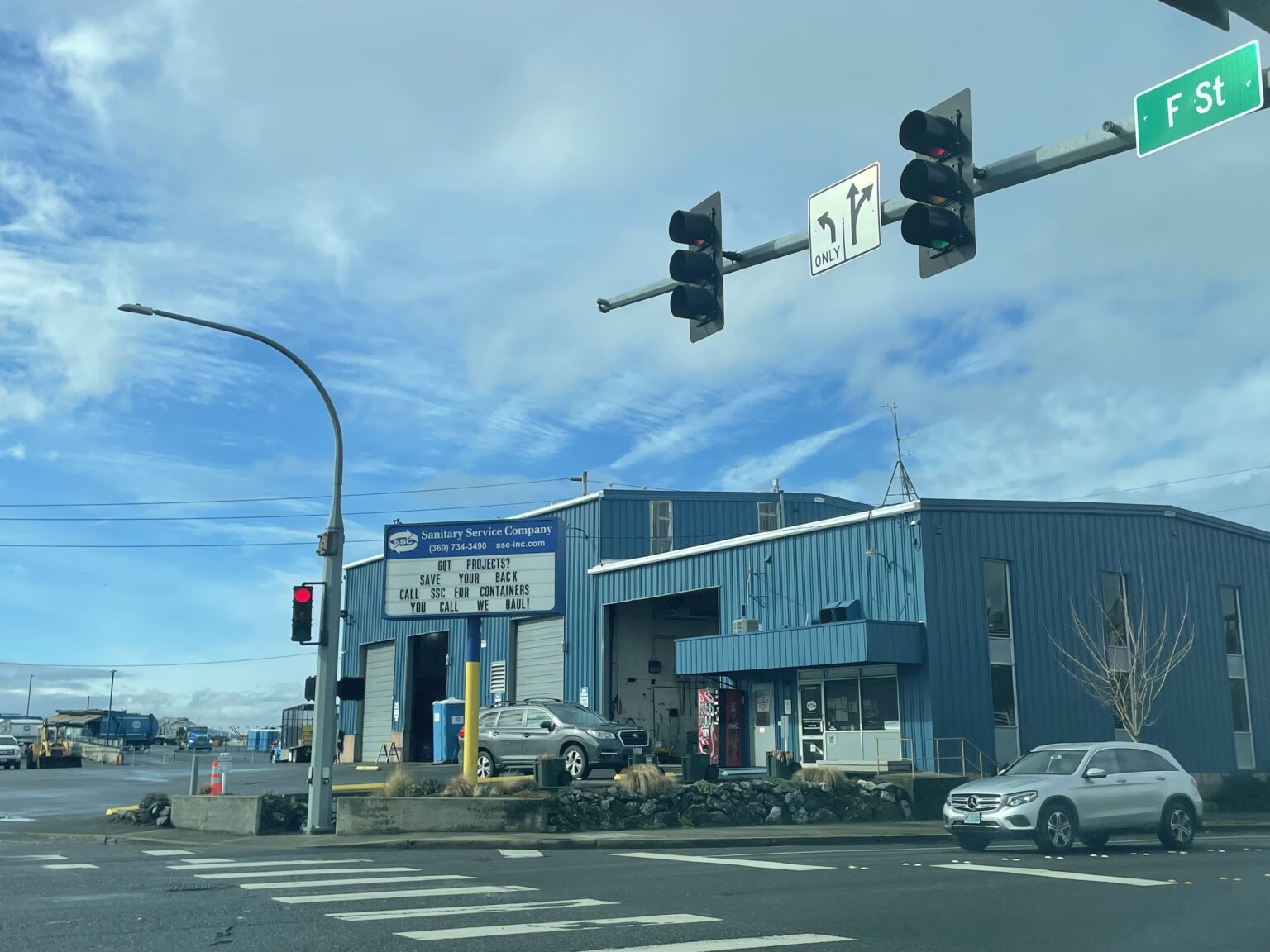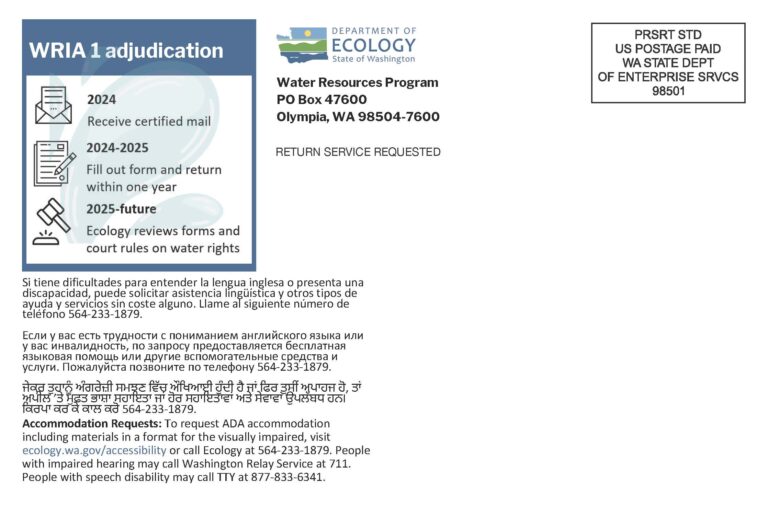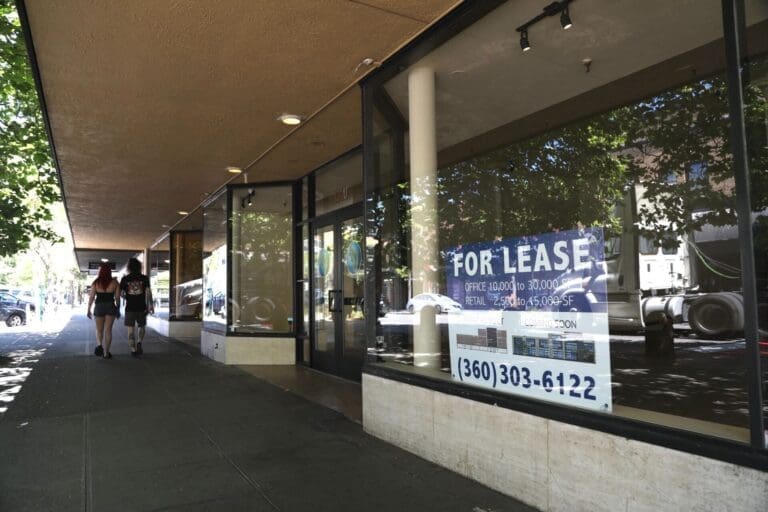Sanitary Service Company plans to launch a trial program sometime in spring to determine if Bellingham is ready for single-bin recycling.
The six-month pilot program, in partnership with the City of Bellingham, is expected to help officials better understand the pros and cons of discarding the multiple-bin system that some customers find tedious.
With a single-stream system, people can discard recycled products into one bin that gets separated at a processing plant.
The pilot program will involve 700 south Bellingham residents. The area was selected because it is furthest from the recycle processing center.
“The current process is pretty labor and truck-intensive,” SCC general manager Ted Carlson said. “It’s not very efficient, so it’s a costly form of collection.”
The cost of recycling is twice the cost of garbage disposal in Bellingham, Carlson said. Officials say a single-bin service would reduce costs and be easier for customers. But it also could lead to a higher percentage of unusable materials.
Recycling protects the environment by reusing materials instead of extracting natural resources. Cost efficiency and clean materials are key ingredients. Separation focuses on the latter.
Calvin Den Hartog of Nooksack Valley Disposal in Lynden said a three-bin system reduces contamination risk by separating materials at the start. He also said the service is less expensive for customers who would otherwise pay processing plants to separate the materials.
Cleaner usable materials create higher profits for the recycling industry, added Carolyn Bowie, regional manager at the Washington State Department of Ecology.
Higher contamination percentages in the collected recycling will also result in higher garbage production, Den Hartog added.
The Recycling Partnership found in a 2019 study that multi-bin recycling has a 5% lower contamination rate than single-bin.
But Bellingham officials, eyeing the other side of the equation, hope a simplified system will lead to more participation and larger volumes of recyclable material, which could reduce collection costs.
“We do benefit from really low contamination rates,” SCC’s Carlson said. “But it’s a lot of trucks, it’s a lot of labor and that equates to cost and to a lot of carbon emissions.”
Also, trucks traveling between their routes and recycling centers produce greenhouse gasses.
The trial program will help officials determine whether a single-bin system can offset rising recycling costs enough to justify the higher contamination rate.
Sanitary Service Company currently uses seven trucks, which could be reduced in a single-bin system. The new system would include trucks with compactors and an automatic collecting arm like garbage trucks have, Den Hartog said.
Den Hartog, who plans to monitor Bellingham’s trial program, said a streamlined system could lead to one collector on a traditional two-person route.
“There would be more costs as far as equipment, but there would be considerable savings,” he said.
Carlson addressed concerns about job eliminations if SSC were to go single-stream in a meeting with Bellingham City Council on Jan 10. Positions with SSC will be phased out, but the process would happen gradually enough that no jobs will be eliminated, Carlson said. Positions may even be created at a processing facility that would need more hands to sort recycling.
In the meantime, Bellingham residents can do their part to make multi-bin recycling as effective as possible and follow the “empty, clean, dry” motto.
“For local folks, I think the best thing to do is look to your local recycling guide and know what goes where,” Bowie said. “Pay attention to how you sort and what you purchase.”




